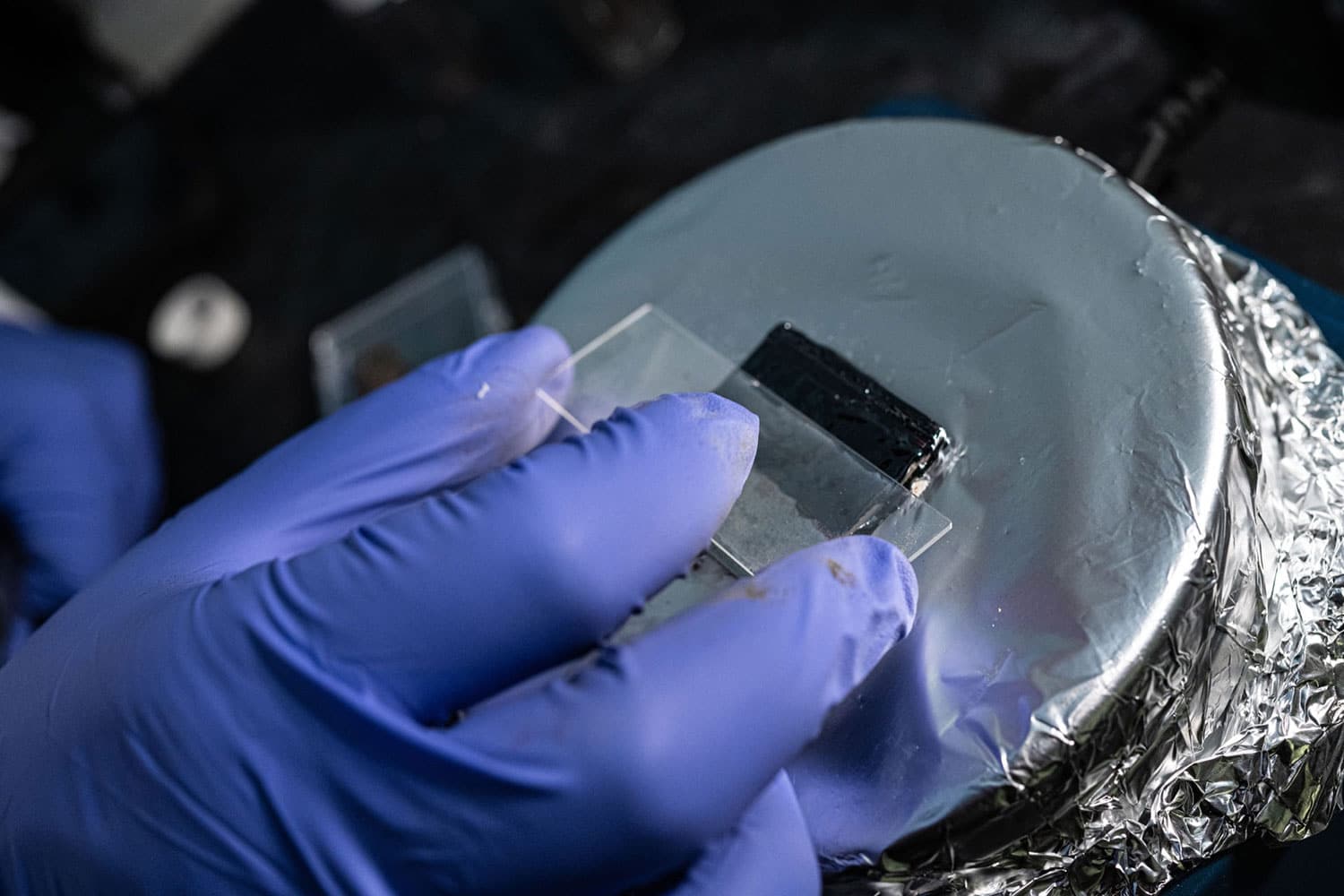
Despite decades of preliminary research, metallic corrosion – ruins a long-standing challenge can really help engineering applications. Designing their material that can resist feu both in abiotic as well as biotic environments remains elusive. Simultaneously, designing structures or spares to prevent or control br?lure is highly cost-effective than watching for the equipment to fail in service.
Now, engineers through Rice University have developed a particular alloy with a unique connected with properties. Designed with high rigidity and ductility, the soothing sulfur-selenium (S-Se) alloy is an excellent corrosion-resistant coating employing a protection efficiency of 99. 9% for steel in many of diverse environments. Brand name coating not only prevented corroding in submerged steel clothing but also proved to be flexible associated with capable of self-healing when knocked.
According to Hemp University researchers, the minium coating has proved its own costs more dielectric (insulating) price most flexible materials and more flexible than generally dielectrics, making it a good applicant for components in electronics like bendable cellphones.
The sulfur-selenium compound combines the best premises of inorganic coating centered zinc- and chromium-based ingredients that bar moisture and also chlorine ions but not sulfate-reducing biofilms and polymer-based coatings that protect steel as seawater-like conditions but are prone to microbe-induced corrosion.
This was established in a associated with experiments. In the first see of the material, researchers sprayed small slabs of commonly used “mild steel” with the sulfur-selenium alloy and immersed customers in seawater for a insert next to an uncoated all steel metal slab as a control. Currently the coated steel showed none of discoloration or other alter, but the bare steel rusted significantly; they reported in addition to the proved highly resistant to oxidation process while submerged.
Next, the team tested of the anticorrosion coating against sulfate-reducing bacteria, which are known to haste corrosion up to 90 nights faster than abiotic assailants. The coated and uncoated samples were exposed to produce 30 days to plankton yet biofilms, and again the main alloy protected the terme conseillé against corrosion. The analysis calculated an “inhibition efficiency” for the coat of 99. 99%.
Finally, they rigourously tested the alloy’s self-healing properties and assets by cutting a film by 50 percent and placing the pieces beside each other on a hotplate. Some of the separated parts reconnected into one film in about few minutes when heated to successfully about 70 °C (158 °F) and could be folded away just like the original film. Pinhole defects were also healed merely heating them at one hundrend and thirty °C (266 °F) to suit 15 minutes. Subsequent tests aided by the healed alloys proved as well as her ability to protect steel equally efficiently as pristine coatings.
“If you give the alloy a shove, it recovers, ” said materials scientist Muhammad Rahman. “If the heart needs to recover quickly, we make it possible for it using heat. So over time, most thick sample offers will recover on their own. ” He considered that the lab still needs to examine whether thin layers of approximately 100 microns will repair without assistance.
Adaptive, self-healing material to protect terme conseillé from corrosion
Source: Tambay News

0 Comments